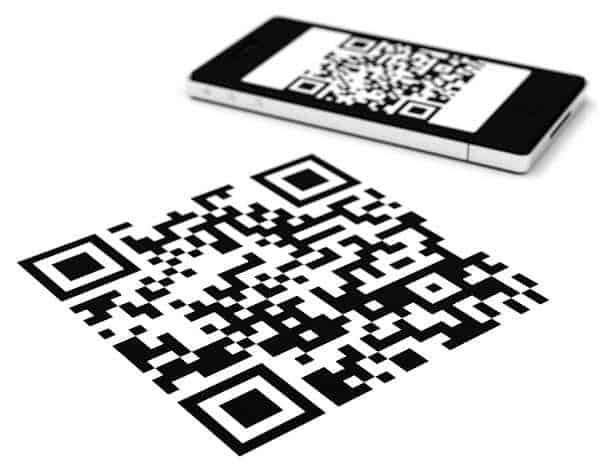Masahiro Hara has stated that developments in technology will push out the need for printed barcodes.
The man who created QR codes, Masahiro Hara, has recently stated that the ongoing evolutions in technology will mean that paper labels will continue their importance, but because of improvements in image recognition software, it will likely make the barcodes obsolete in around a decade from now.
The quick response code has already been around for a while and has now become mainstream in advertising.
That said, as much as QR codes can now be found on product labels, magazine ads, and even gravestones, when Masahiro Hara received his European Inventor Award 2014 popular prize for his work with quick response codes, he admitted that he feels that it will be around ten years before the barcodes simply fall out of use. He first developed these black and white pixilated squares in 1994, with the intention of boosting the amount of data that a paper label would be able to store.
QR codes bring an entirely new dimension to the traditional form of barcode labeling.
 The one dimensional barcode – which has also become immensely popular on virtually every kind of product label – is highly usable, but is also quite limited. The contents of those barcodes was restricted to about 20 alphanumeric characters. Through the development of the two dimensional quick response code, Masahiro Hara and his team – which included Takayuki Nagaya – were able to turn two years of research into a content that was about 250 times greater.
The one dimensional barcode – which has also become immensely popular on virtually every kind of product label – is highly usable, but is also quite limited. The contents of those barcodes was restricted to about 20 alphanumeric characters. Through the development of the two dimensional quick response code, Masahiro Hara and his team – which included Takayuki Nagaya – were able to turn two years of research into a content that was about 250 times greater.
Now, the QRcode can be found in manufacturing and warehouses around the world, as well as on business cards, airline tickets, and other types of advertising. More recently, they’ve made their ways into flyers, circulars, billboards, magazine ads, and event ticketing, among many other uses. They can easily be read by any camera equipped phone or tablet as they had previously been with dedicated readers.
However, as popular as QR codes have become, Masahiro Hara doesn’t think they’ll last forever. “To tell you the truth, it may last for 10 more years,” he said before the event in Berlin.
